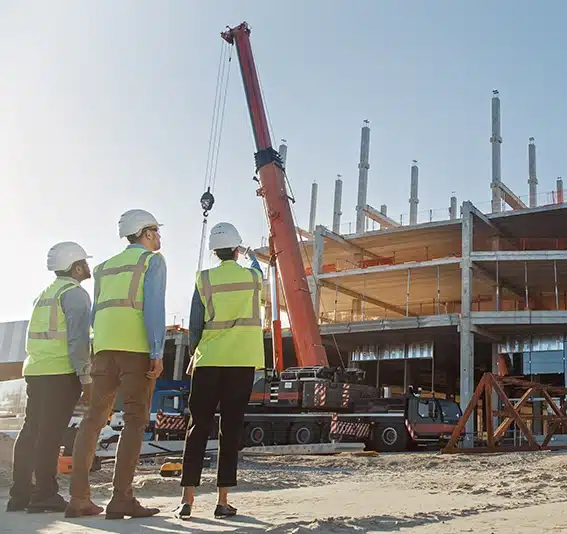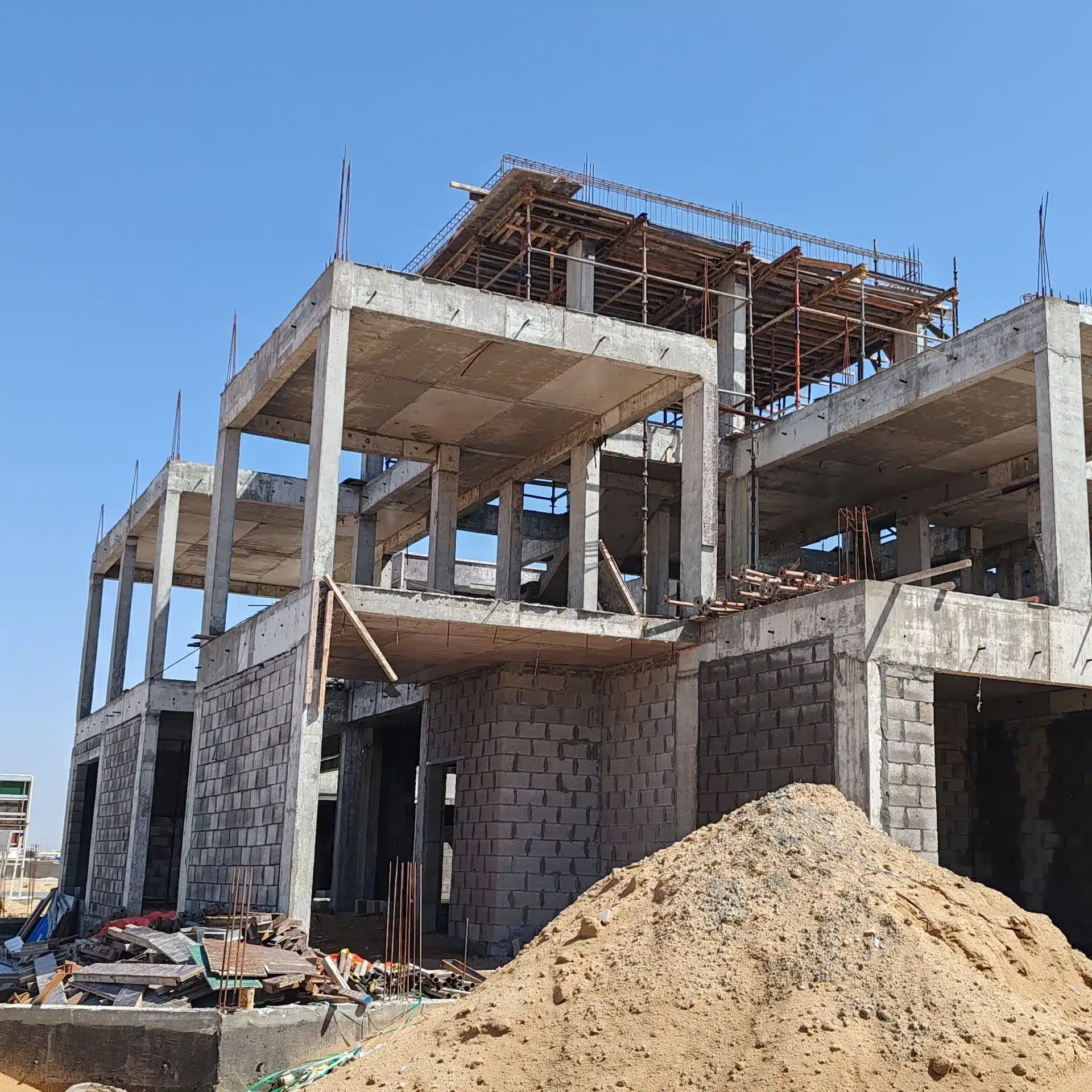
Home Equity Utilisation
Where a homeowner has an accepted level of equity in their existing home, lenders may approve funding for renovations with a traditional home mortgage.



We’ll explain the building loan options for financing your construction project, source the lender and lending product that best matches your profile and requirements, negotiate the best rates and conditions, and handle all the lending arrangements while you concentrate on your home design and build.
Speak with us about the building loan options for build-only, land and house packages and major renovations.
A construction mortgage is a lending product or option to finance the building of a home by a Licensed Builder or owner-builder or the expenses of major renovations.
Request Quote
Where a homeowner has an accepted level of equity in their existing home, lenders may approve funding for renovations with a traditional home mortgage.

Building loans can cover the construction of multiple dwellings, homes, house and land packages and kit homes. The funding can be for fixed-price or cost-plus building contracts.

Finance may be secured with a drawdown structure or with scheduled payments to meet the outlay at the set stages of completion.

The interest rates on construction loans may differ from traditional mortgages and the documentation required for the application is also different. Council approved plans are required or the plans that are currently waiting for approval by Council.

A contract from a builder is required or quotes with any variations. The contract is to include details of the stages of completion and when progress payments are to be made.

Where the costs of the build exceed $1m, a Quantity Surveyor’s Report will be requested by some lenders.
Our brokers will assist you with what is required so we can source a quote for the most suitable lending product.
Our guides offer quick comparisons and simple explainers to help you rise above the financing process with confidence.
We appreciate that every home is a very personal and individual space, and every homeowner has their own personal financial objectives and aspirations. We tailor and structure construction financing to meet those individual requirements with competitive rates to ensure repayments work with the individual’s budget.
The most competitive rates are sourced from across our extensive 80+ lender panel which includes the major banks, other banks and many non-bank lenders. Providing our specialists with huge market coverage to identify the right lender and the best rates.
Building or renovating a home can be a very stressful experience. We ease the stress by handling every aspect of the finance. Each customer is assigned their own broker to ensure individual and personal service and a customised building loan solution.
Get started by submitting a request for a free finance quote.
| Lender | Loan Product | Interest Rates From | Monthly Repayment |
| {{Lender}} | {{Loan Product}} | {{From - Advertised Rate}}{{Rate Type}} | ${{Payment Amount}} MONTHLY |
|
{{Lender}}
{{Loan Product}}
|
||
| {{From - Advertised Rate}}{{Rate Type}} | ${{Payment Amount}} MONTHLY | |
THE INTEREST RATE IS CALCULATED ON A SECURED LOAN PREDOMINATELY FOR BUSINESS USE, EFFECTIVE 21/02/2026 AND SUBJECT TO CHANGE. WARNING: THE INTEREST RATE IS TRUE ONLY FOR THE EXAMPLES GIVEN AND MAY NOT INCLUDE ALL FEES AND CHARGES. DIFFERENT TERMS, FEES OR OTHER LOAN AMOUNTS MAY RESULT IN A DIFFERENT INTEREST RATE.

Fixed-price contracts are provided by builders for the total cost of the project. Homeowners can then apply for that amount for their loan. Cost-plus contracts cover the time involved for the project at the builder’s hourly rate plus the supplies and materials costs.
To meet lender criteria for financing, renovations must be of a structural nature to an existing home.
Homeowners receive pre-approval first. The next stage of approval is given when Council-approved plans are provided, and the lender valuations are completed. Building works typically are given the go-ahead on settlement.
No. Progress payments are payments to the builder at the designated completion stages. Repayments are by the borrower and may be scheduled monthly or in sync with progress payments.
Construction stages and progress payments can vary with specifics of individual projects. A typical schedule may be on slab or foundation completion; framings completed; lock-up stage; initial fitout; and the final completion.
Construction loans are in the home lending sector but differ from home mortgages in format, criteria and the documentation required for the application. There are also differences with rates, terms and loan types.
Construction financing usually has a variable interest rate.
The downpayment required can range from 5% for homeowners with equity to 50% on renovation loans.
A drawdown loan is structured to allow the borrower to draw down on the funds required to pay the builder at the designated completion phases.
Yes. Financing is available for self-build projects, subject to lender approval.
Yes. Construction finance is available to cover the entire cost of a land and house package.


